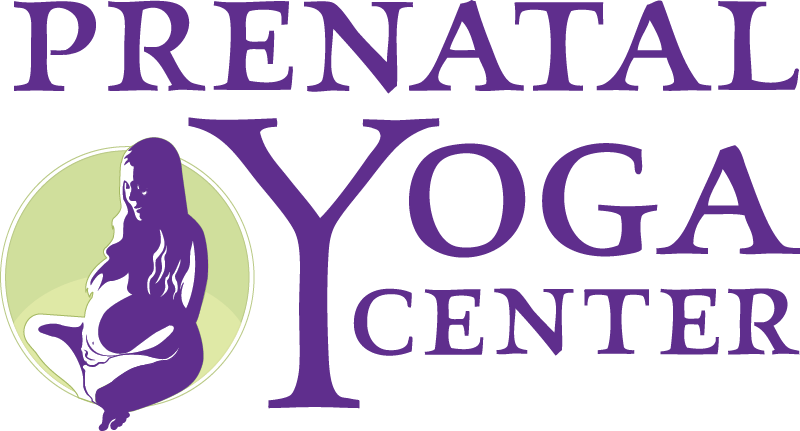To celebrate the launch of our 2026 MQ Fellows round, we caught up with one of our most recent Fellows Dr Rebecca Etkin from the Yale School of Medicine.
Rebecca became an MQ Fellow in 2024 and is studying the effectiveness of a new parent-based intervention for helping children with anxiety called SPACE. You can read more about Rebecca’s project here.
Please give a brief summary of your academic career to date:
I received my bachelor’s degree in psychology and Spanish from Johns Hopkins University. After graduating, I worked as a project manager in the Family Studies Lab at the University of Notre Dame, where I deepened my research experience and refined my interests in child and family mental health. I then completed my PhD in Clinical Psychology at the University at Buffalo, where my research focused on adolescent social development and internalizing problems (e.g., shyness, anxiety). Following graduate school, I joined the Yale Child Study Center Anxiety & Mood Disorders Program as a postdoctoral associate and, after becoming an MQ Fellow, transitioned to a faculty position.
How long have you been at your current university/institution and what do you like about it?
I have been at Yale since 2019. The Child Study Center is a collaborative, supportive, and intellectually vibrant environment to be a clinician-scientist. Science informs every part of what we do, ensuring that our care for youth and families is grounded in evidence and innovation. Every day I get to work with colleagues and mentors who are not only brilliant and creative, but also lovely people with an exemplary dedication to helping others. I have learned so much from their diverse perspectives and expertise, and their influence has shaped my research in really meaningful ways.
What is your area of study?
My research focuses on the development and treatment of youth anxiety disorders and related challenges. I am particularly interested in how young people’s social relationships—especially with peers and parents—shape the course of their anxiety and how these relationships can be leveraged in treatment to improve outcomes.
What motivated you to study this area? Do you have a personal connection to the subject?
As far back as my own teenage years, I’ve had an interest in child development and desire to help young people. As I began training not only as a researcher but also as a clinician, I saw first hand how profoundly youths’ relationships shape their mental health—serving at times as risk factors and at other times as powerful sources of protection. These experiences led me to specialize in parent- and family-focused treatment approaches.
My training at Yale is where these interests came together. I’ve had the privilege of working with leading experts in youth anxiety and learning about family accommodation as a key maintaining factor that can be directly addressed in treatment. My MQ project represents the next step in this trajectory by integrating research and clinical practice in a trial of a parent-based treatment for teen anxiety that targets this impactful relationship process.







